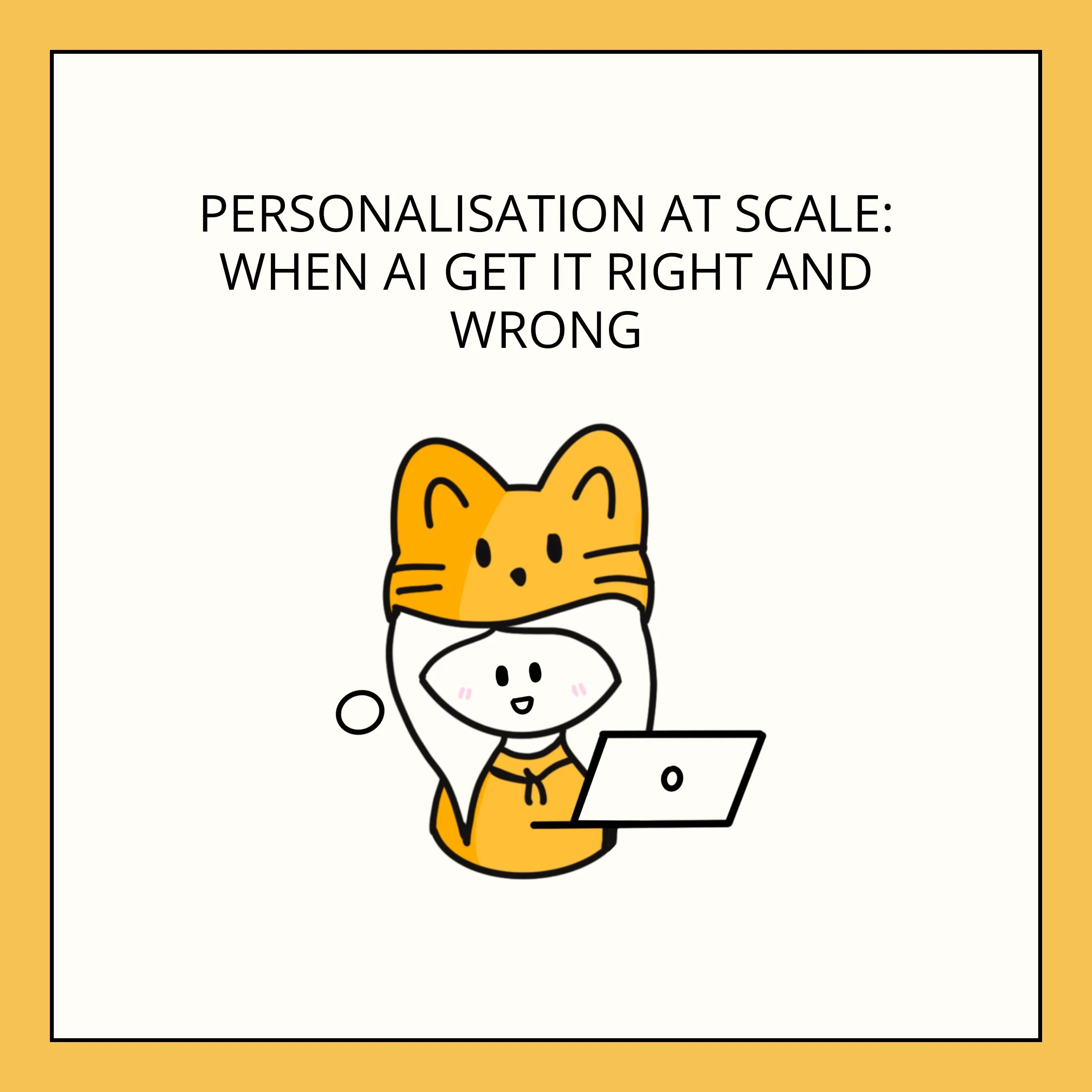3 Marketing Lessons from Squid Game
Credit: Netflix - Squid Game
The South Korean drama - Squid Game - has become Netflix's most popular series yet. If you have not watched the show yet, please do! Not only has it becomes the latest hype, but many brands also jumped on the bandwagon to promote their products.
Here are 3 marketing lessons that we learn from Squid Game.
1. The Power of Word of Mouth
Truth to be told, I did not saw any advertisement on Squid Game. I heard most of the news from my friends and social media platforms. It was until then there were many videos about Squid Game on YouTube. There were videos where people recreated some of the games. There were reaction videos from the casts too. I decided to watch the drama after watching these videos. That's the power of word of mouth!
Squid Games proves that word of mouth can be a major leading factor in advertising. Work of mouth is done organically. In this day and age, it is easy to create all these buzzes using social media. When you log in to the social media apps, you see the memes, news and even recreation of the dramas. To understand these memes or even join in the community, one has to watch the drama. In other words, FOMO is one of the many ways to boost word of mouth.
Humans feel pleasure by sharing content with their family and friends that is in their eyes extra-ordinary, funny or emotional so that they can be seen as a caring person. Moreover, humans are social creatures. We want to feel connected. A way to build connections within the community is by starting a great conversation about a topic.
To use word-of-mouth to hype up a TV show at such an accelerated pace is very hard to predict or create. You need plenty of luck and the perfect timing for word of mouth to happen.
2. Use Tik Tok to Your Advantage
Tik Tok may be the latest social media platform. However, it's setting a new standard for how we interact with consumers. Not only are brands creating more videos for the consumers. Today, it's also acceptable for brands to be informal with the consumers. Your brand would get more views, and more people would comment about it. Users are creating memes, jokes, recreating their favourite scenes and other videos on Tik Tok. That's how Squid Game went viral. If a brand (in this case, a show) is lucky to go viral on Tik Tok, the brand could earn an enormously benefit from it. Play your cards right to increase both awareness and engagement.
Again, thanks to word of mouth, one must watch the show to understand the memes or content on Tik Tok.
One can create a campaign so unique that you turn your audiences into advocates for your brand.
3. Consumers Don't Know What They Want
Who knows that Squid Game would be a global hit? No one can predict that. No one can predict what the consumers want next until we show them a new genre. Then, we will know if it is a new product (or show) that they want to watch.
One great example is the iPhone. No one requested for an iPhone. No one knew the success and impact of the iPhone until Apple showed it to the world. The rest is history.
Sometimes, it's better to think differently and be innovative to create something new for the consumers. From there, the brand can study the reactions of the consumers. In reality, we sometimes don't know what we want until we are aware of the product. Alternatively, brands can continue to listen to the consumers, do marketing research and create something which the consumers want.
Have you watched Squid Game yet? What other lessons could you learn from it? Let me know.
x, Esther
If you like this post, share it!











